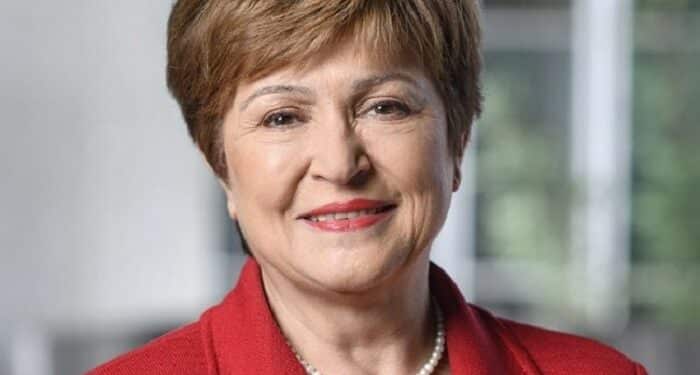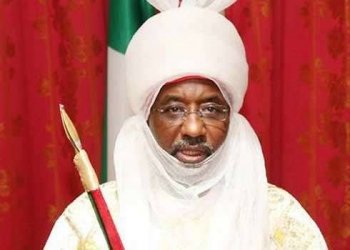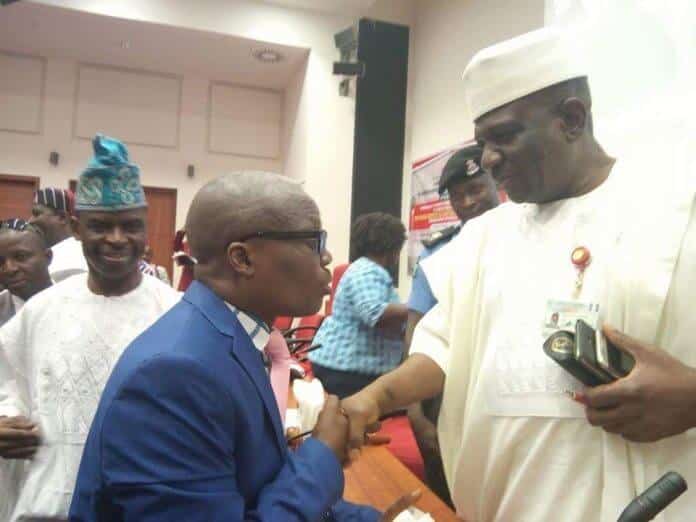Amidst the controversy surrounding the removal of fuel subsidy, International Monetary Fund (IMF) is insisting that the removal of fuel subsidy remains the panacea to Nigeria’s economic recovery.
In its World Economic Outlook report, IMF executive directors urged the government to devise means of compensating the poor, stressing that the saved resources should be transparently utilised.
“Directors highlighted the urgency of fiscal consolidation to create policy space and reduce debt sustainability risks.
In this regard, they called for significant domestic revenue mobilisation, including by further increasing the value-added tax rate, improving tax compliance, and rationalising tax incentives. “Directors also urged the removal of untargeted fuel subsidies, with compensatory measures for the poor and transparent use of saved resources. They stressed the importance of further strengthening social safety nets.
“Directors welcomed the removal of the official exchange rate and recommended further measures towards a unified and market-clearing exchange rate to help strengthen Nigeria’s external position, taking advantage of the current favourable conditions. They noted that exchange rate reforms should be accompanied by macroeconomic policies to contain inflation, structural reforms to improve transparency and governance, and clear communications regarding exchange rate policy.
“Directors considered it appropriate to maintain a supportive monetary policy in the near term, with continued vigilance against inflation and balance of payments risks. They encouraged the authorities to stand ready to adjust the monetary stance if inflationary pressures increase. Directors recommended strengthening the monetary operational framework over the medium term—focusing on the primacy of price stability—and scaling back the central bank’s quasi-fiscal operations” IMF, noted.
Late last year, the Minister of Finance, Budget and National Planning, Mrs Zainab Shamsuna Ahmed, said at the 2022 Budget Breakdown that one major way to save the economy from collapsing was to remove oil subsidy. This generated a lot of controversy with labour unions threatening to go on indefinite strike. Early this year, the government chickened out, saying that the removal would worsen the sufferings of Nigerians. At a meeting with the senate president, Ahmad Lawan, the Minister of Finance Budget and National Planning, Mrs Zainab Shamsuna Ahmed, said the government would work on amending the 2022 Budget to provide funds for that purpose.
REPORTERS AT LARGE recalls that the International Monetary Fund (IMF) early this month urged the Federal Government of Nigeria to urgently consolidate its fiscal policies to create space and reduce debt sustainability risks. It specifically urged the government to increase Value Added Tax (VAT) from the current 7.5 per cent and remove fuel subsidy without further delay in order to enhance long-term, inclusive growth.









